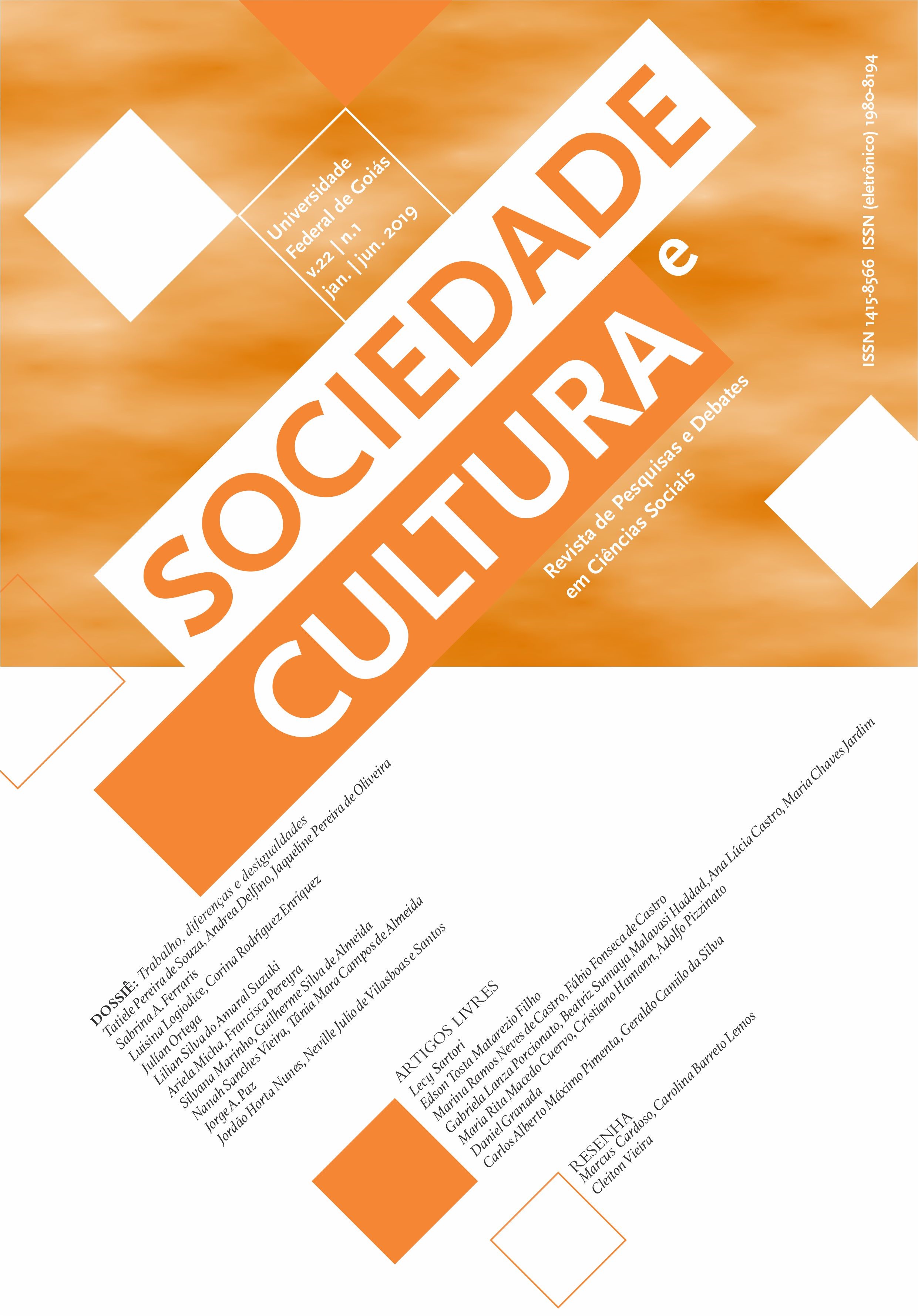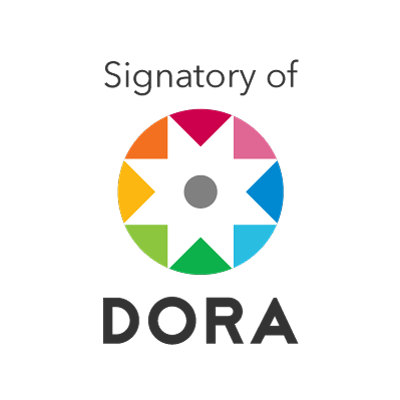Reflexão sobre as torcidas organizadas no samba e a espetacularização do carnaval carioca
DOI:
https://doi.org/10.5216/sec.v22i1.43568Resumo
Este trabalho discute o tema das torcidas organizadas nas escolas de samba, considerando aquelas inscritas no grupo especial do carnaval da cidade do Rio de Janeiro. Trata-se de reflexão sobre o processo de espetacularização do carnaval carioca, no qual se percebem, a partir das tentativas de pertencimento e participação, novos meios de produção cultural e formas inovadoras de acesso às escolas de samba. Desta perspectiva, objetiva-se apreender elementos que constituam estratégias utilizadas pelos sambistas em fazer parte do cotidiano da escola, onde as noções de reconhecimento e de pertencer ganham centralidade. Utilizou-se dos recursos da observação antropológica e de entrevistas, em pesquisa de campo realizada nos meses de dezembro de 2015, a fevereiro de 2016. Na sistematização dos dados, caracterizam-se as torcidas organizadas como estratégias na ocupação de espaços privilegiados, no deslocamento das batalhas simbólicas e na multiplicação das formas de pertencimento e de legitimidade no sambódromo carioca.
Downloads
Downloads
Publicado
Como Citar
Edição
Seção
Licença
Autores/as que publicam nesta revista concordam com os seguintes termos:
- Autores/as mantêm os direitos autorais e concedem à revista o direito de primeira publicação, sendo o trabalho simultaneamente licenciado sob a Creative Commons Attribution License, o que permite o compartilhamento do trabalho com reconhecimento de autoria e da publicação inicial nesta revista.
- Autores/as têm autorização para assumir contratos adicionais separadamente, para distribuição não exclusiva da versão do trabalho publicada nesta revista (ex.: publicar em repositório institucional ou como capítulo de livro), com reconhecimento de autoria e da publicação inicial nesta revista.
- Autores/as têm permissão e são estimulados/as a publicar e a distribuir seu trabalho online (ex.: em repositórios institucionais ou na sua página pessoal) a qualquer ponto antes ou durante o processo editorial, já que isso pode gerar alterações produtivas, bem como aumentar o impacto e a citação do trabalho publicado (veja O Efeito do Acesso Livre).


 Esta revista está licenciada sob a licença
Esta revista está licenciada sob a licença 
